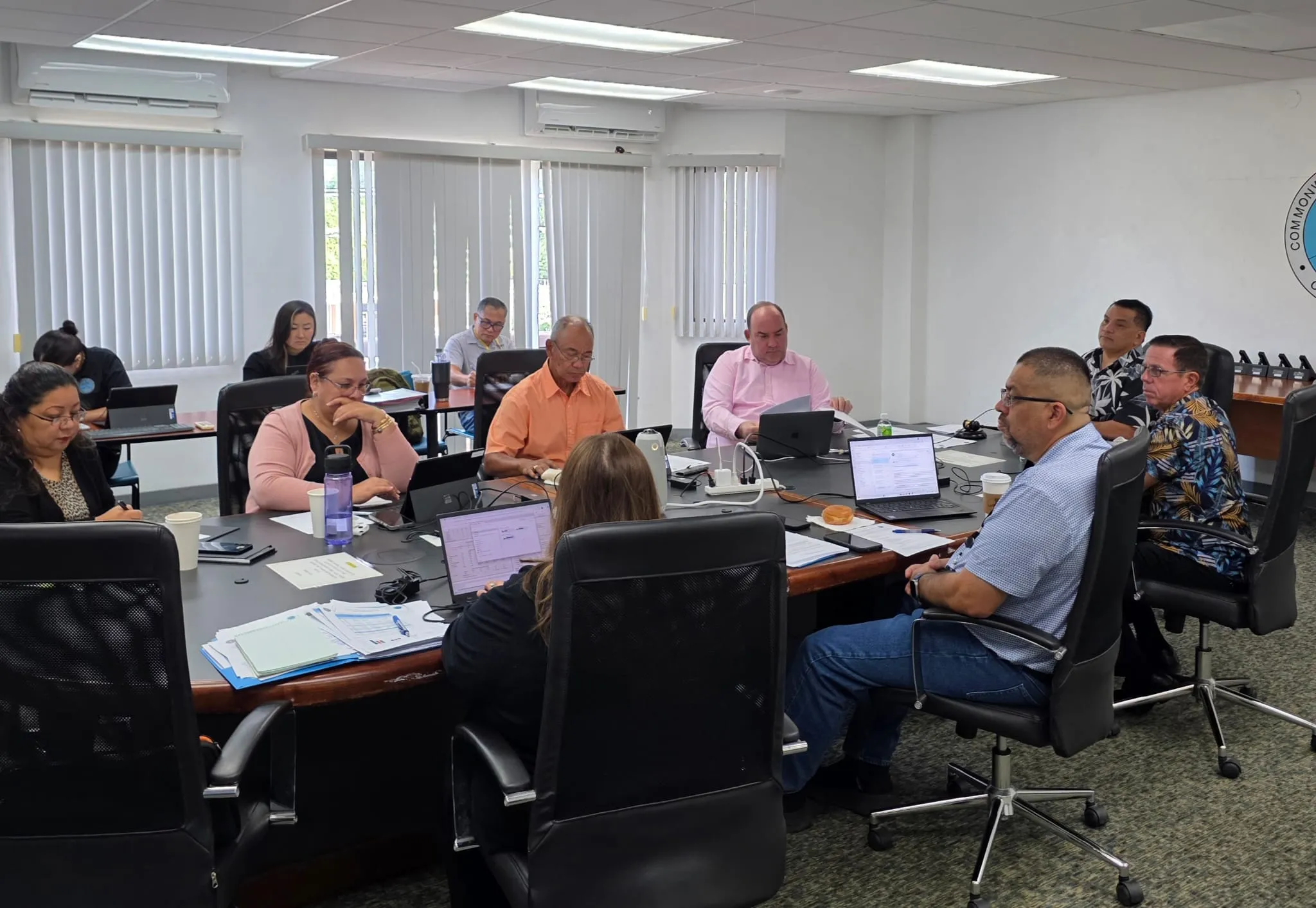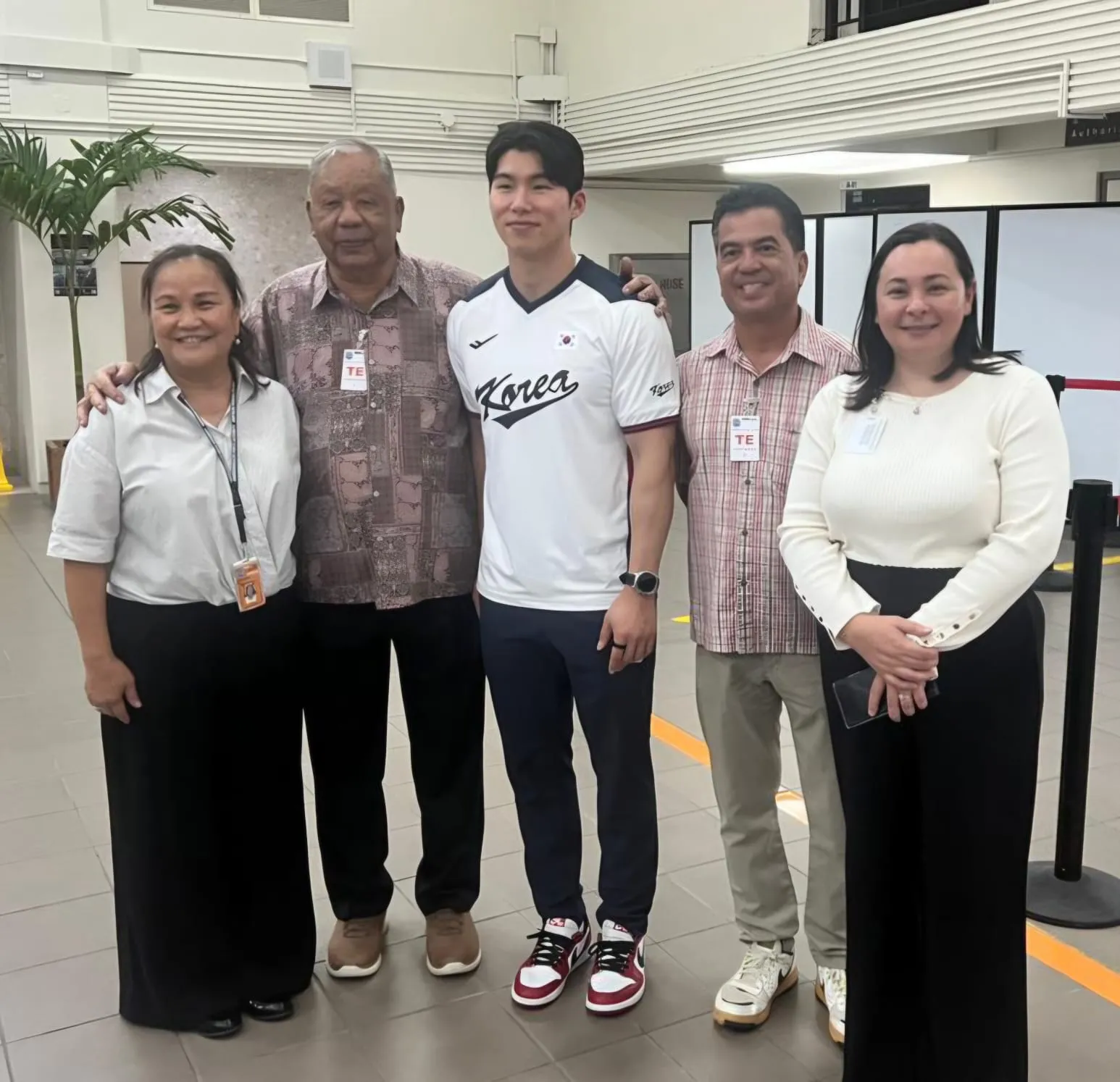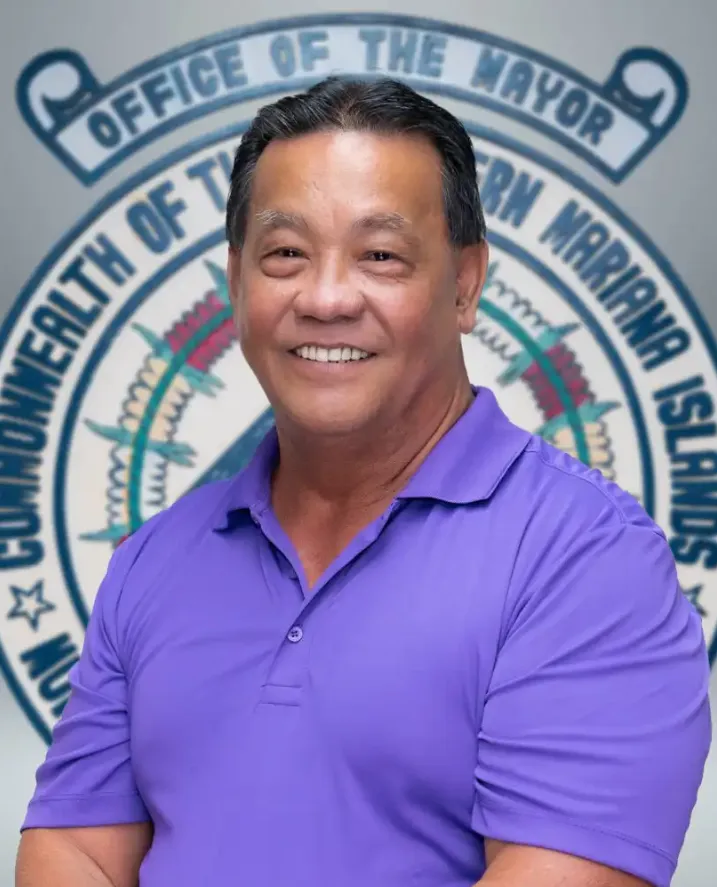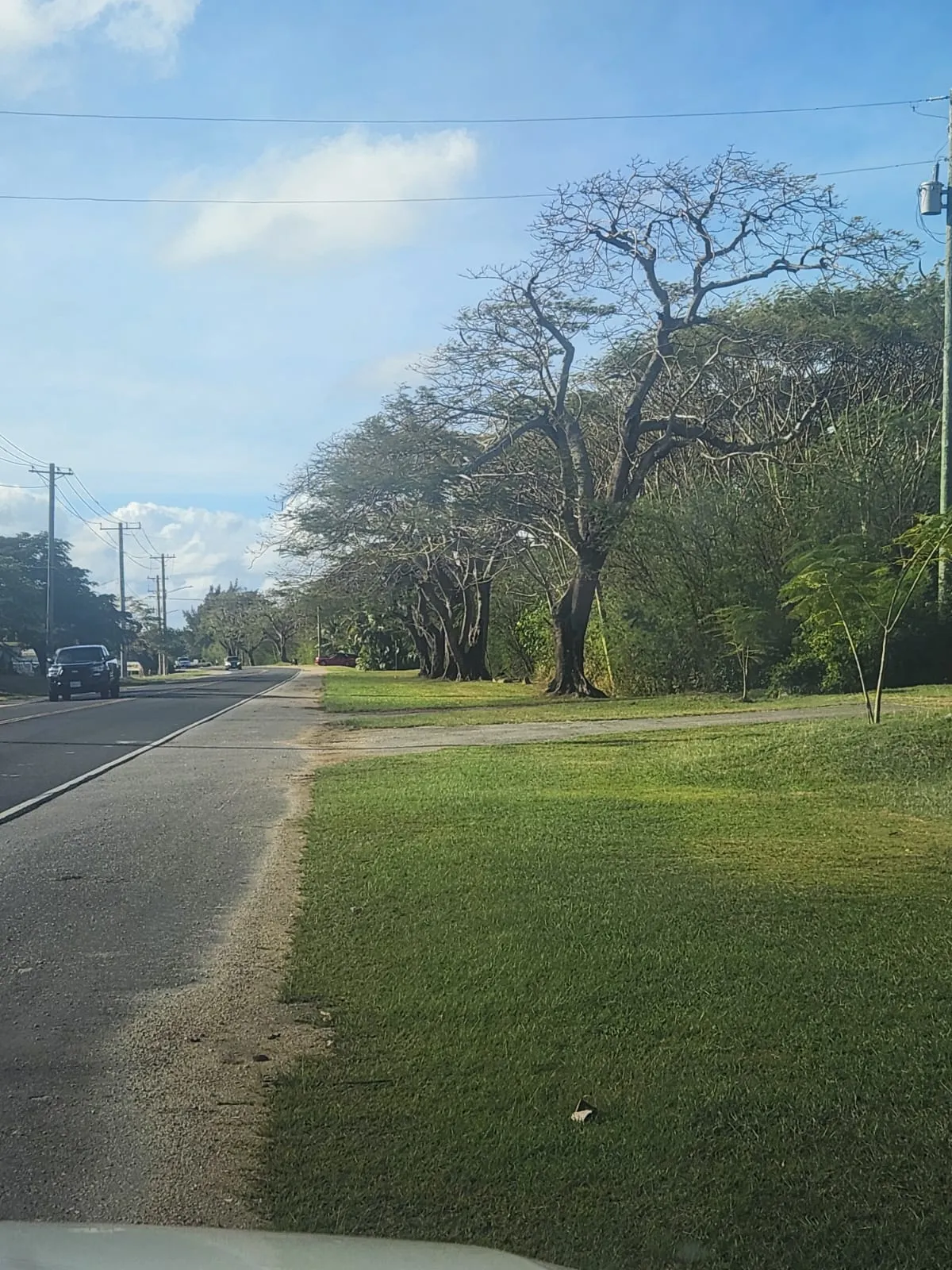“WHEN we are afraid and under time pressure and thinking of worst-case scenarios,” Hans Rosling wrote in “Factfulness, “we tend to make really stupid decisions. Our ability to think analytically can be overwhelmed by an urge to make quick decisions and take immediate action.” Rosling, whose book was published two years before the Covid-19 outbreak, was referring to a medical emergency he once encountered in a poor African city served by just one medical doctor, Rosling himself. He had just diagnosed “hundreds of patients with a terrible, unexplained disease that had completely paralyzed their legs within minutes of onset and, in severe cases, made them blind.” The mayor told Rosling that if the doctor believed it could be contagious, then the mayor “must do something.”
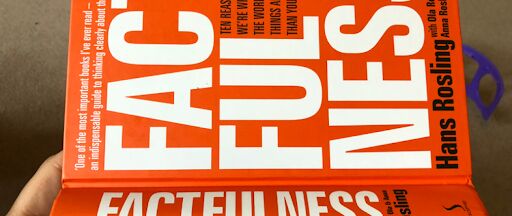
“Should I tell the military to set up a roadblock and stop the buses from the north?” the mayor asked the Swedish doctor.
“Yes,” Rosling replied. “I think it’s a good idea. You have to do something.”
The next morning, several women learned about the roadblock. They usually took a bus to bring them to the city market where they sold their goods. But there was no bus that day so 20 women and their youngest children boarded small fishing boats instead. When the boats capsized in the waves, the mothers, the children and the fishermen drowned. Rosling, for his part, eventually learned the cause of the paralytic disease: eating unprocessed cassava roots straight from the field.
“I spent several days carefully investigating the disease,” he says, “but less than a minute thinking about the consequences of closing the road.”
Rosling calls it the “urgency instinct”: Now or never! Tomorrow may be too late! He notes that a salesperson (Special offer! Today only!) or an activist (The time is now!) use a lot of the same techniques. They want to trigger our urgency instinct. “The call to action makes you think less critically, decide more quickly, and act now,” says Rosling. “Relax. It’s almost never true. It’s almost never that urgent, and it’s almost never an either/or.”
But then again, the urgency instinct was useful for our pre-historic ancestors. If they thought there might be a lion in the grass, says Rosling, it wasn’t sensible to do too much analysis. “Those who stopped and carefully analyzed the probabilities are not our ancestors. We are the offspring of those who decided and acted quickly with insufficient information.”
Today, he adds, “we still need the urgency instinct — for example, when a car comes out of nowhere and we need to take evasive action.” However, because we have, more or less, “eliminated most immediate dangers and are left with more complex and often more abstract problems, the urgency instinct can also lead us astray when it comes to understanding the world around us. It makes us stressed, amplifies our other instincts and makes them harder to control, blocks us from thinking analytically, tempts us to make up our minds too fast, and encourages us to take drastic actions that we haven’t thought through.”
Rosling adds, “We do not seem to have a similar instinct to act when faced with risks that are far off in the future. In fact, in the face of future risks, we can be pretty slothful. That is why so few people save enough for their retirement.”
To “wake” us up, activists will tell us that the risk is “immediate,” and that it must be tackled now. But the “activists who present things as more urgent than they are, wanting to call us to action, are boys crying wolf.”
For Rosling, climate change is real and should be addressed. But “when people tell me we must act now, it makes me hesitate. In most cases, they are just trying to stop me from thinking clearly.”
In 2009, he says, he met former Vice President Al Gore at a TED conference in Los Angeles to talk about climate change. “We need to create fear!” That’s what Gore told Rosling.
According to Rosling, Gore “was — and still is — a hero to me. I agreed with him completely that swift action on climate change was needed, and I was excited at the thought of collaborating with him. But I couldn’t agree to what he had asked. I don’t like fear…. Fear of pandemic plus the panic of urgency made me close the road and cause the drownings of all those mothers, children, and fishermen. Fear plus urgency make for stupid, drastic decisions with unpredictable side effects. Climate change is too important for that. It needs systematic analysis, thought-through decisions, incremental actions, and careful evaluation. And I don’t like exaggeration. Exaggeration undermines the credibility of well-founded data…. Exaggeration, once discovered, makes people tune out altogether.”
Moreover, “some aspects of the future are easier to predict than others. Weather forecasts are rarely accurate more than a week into the future. Forecasting a country’s economic growth and unemployment rates is also surprisingly difficult. That is because of the complexity of the systems involved. How many things do you need to predict, and how quickly do they change? By next week, there will have been billions of changes of temperature, wind speed, humidity. By next month, billions of dollars will have changed hands billions of times.”
Rosling says that “whenever we talk about the future we should be open and clear about the level of uncertainty involved. We should not pick the most dramatic estimates and show a worst-case scenario as if it were certain.” Instead, he adds, “we should ideally show a mid-forecast, and also a range of alternative possibilities, from best to worst. If we have to round the numbers we should round to our own disadvantage. This protects our reputations and means we never give people a reason to stop listening.”
Rosling says people who are serious about climate change must not become victims of their own frustrated, alarmist messages. “They must look at the worst-case scenarios but also remember the uncertainty in the data…. [T]hey must keep their own brains cool so that they can make good decision and take sensible actions, and not put their credibility at risk.”
Rosling says whenever a problem seems “urgent,” the first thing to do is not to cry wolf, but to organize the data. And “data must be used to tell the truth, not to call to action, no matter how noble the intentions.”
Again, says Rosling, he is not denying that there are pressing global risks we need to address. “I am not an optimist painting the world in pink,” he adds. Among the problems he was worried about when he was writing his book in 2017: a global pandemic, specifically an airborne disease like a flu that can spread very fast.
“I don’t tell you not to worry,” the good doctor says. “I tell you to worry about the right things.”
To be continued
Send feedback to editor@mvariety.com


